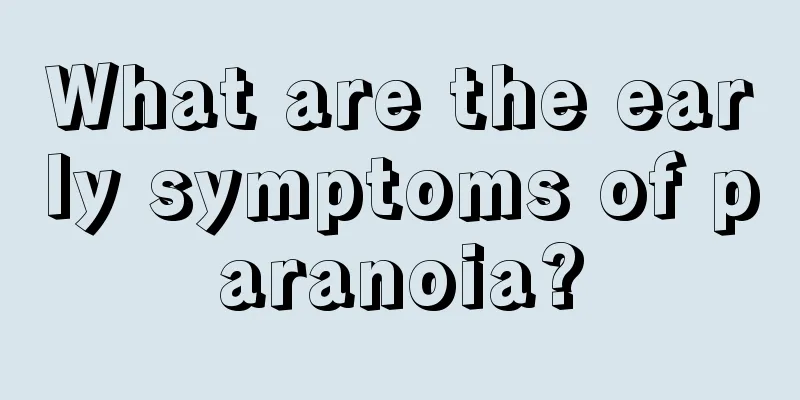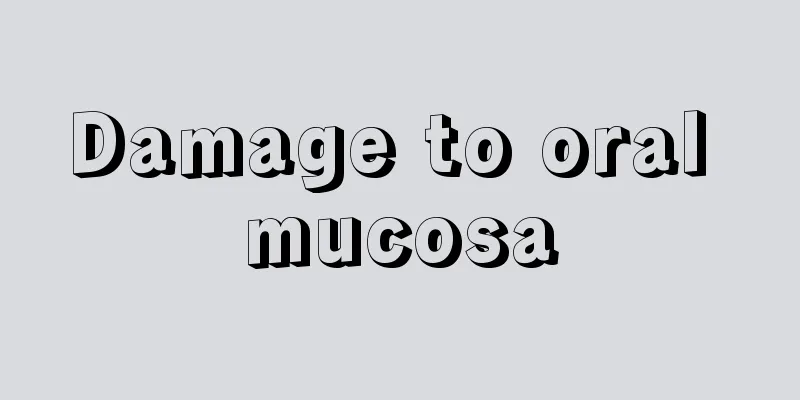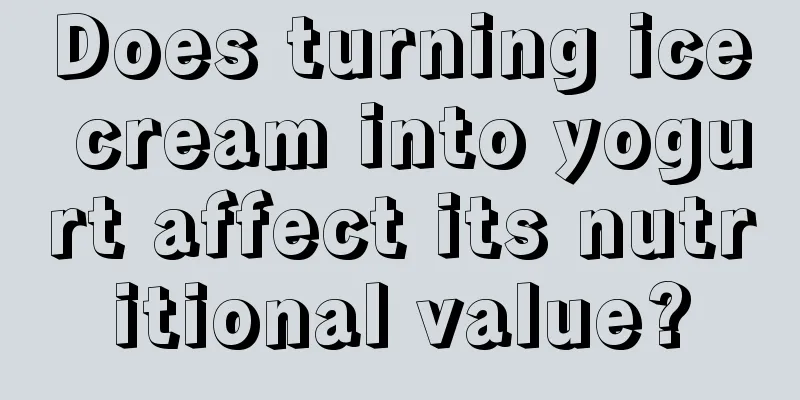What are the early symptoms of paranoia?

|
Persecution delusion is one of the symptoms of delusion, which is a disease of the human mental system. People with persecution delusion will have some mental problems. In the early stages, they tend to show fear or inner terror. At the same time, they are prone to feel that others are going to harm them. They need to be treated early and their condition needs to be observed more often. What are the early symptoms of paranoia? Clinical manifestations Patients are often in a state of fear, feeling that they are being talked about, framed, plotted against, having their property robbed, or being raped, etc. They often have suicidal attempts and have special personality defects, such as subjectivity, sensitivity, suspicion, strong self-esteem, self-centeredness, and fantasy. Persecutory delusion is the most common type of delusion. Patients are often in a state of fear, feeling that they are being talked about, framed, plotted against, having their property robbed, or being raped, etc. Delusions of persecution often involve suicidal intent, which can lead to disaster if not diagnosed and treated early. People who suffer from delusions often have specific personality defects, such as subjectivity, sensitivity, suspicion, strong self-esteem, self-centeredness, and fantasy. This is often related to certain stimulation the patient received in childhood, lack of maternal love, and lack of good interpersonal relationships with others. Persecutory delusion is a type of schizophrenia. "Delusion" refers to the patient's suspicion and worry all day long, random reasoning and judgment, and impaired thinking. It is an important symptom of mental illness. Patients may experience hallucinations but no other obvious psychiatric symptoms. Delusion is a major manifestation of abnormal thinking. Delusion is a distorted belief, morbid reasoning and judgment that arises on a pathological basis. Delusions with coherent content and compact structure are called systematic delusions; delusions with fragmented content, inconsistency and lack of logic are called non-systematic delusions. The content of delusions is generally related to personal experience, social and cultural background. Sometimes it clearly reflects real-life content. With the progress of the times, the content about religion, supernatural powers, ghosts, foxes, etc. has been significantly reduced, and has been replaced by modern technology such as eavesdropping devices, lasers, and computers. Delusions are sometimes easily confused with some wrong ideas that normal people hold, such as prejudice, superstition, and misunderstanding, but these latter ideas are mainly caused by factors such as thinking methods, level of cognition, environmental influences, personal emotional influences, lack of scientific knowledge, etc. They can be corrected as they acquire knowledge and accumulate education and life experience. treat Most patients with delusional disorder will not actively seek help from psychiatrists. Even if they are willing to seek medical treatment, they will rarely follow the doctor's advice for treatment. Because delusional patients (especially those with morbid jealousy) may have suicidal and murderous motives, the patient's dangerousness should be assessed as soon as possible. 1. Drug treatment The treatment of delusional disorder mainly relies on drugs, but different types of delusional disorder should require different treatments. Antipsychotics are one of the first-line drugs. If the patient does not cooperate with treatment, consider using a long-acting intramuscular injection. Antidepressant medications may be used if the patient has significant mood swings, including post-psychotic depression. Currently, the most commonly used antidepressants include traditional Chinese medicine and Western medicine such as tricyclic antidepressants. 2. Psychosocial therapy Mainly by providing support to patients to change certain behaviors. Additionally, patients should avoid excessive stress, including major life events. Cognitive behavioral therapy may improve patients' delusions, but it is only auxiliary. Psychoanalytic therapy may exacerbate irritation and do more harm than good. If the patient agrees, his or her family should be encouraged to participate in the treatment plan, which will help the treatment progress. |
<<: What are the early symptoms of kidney failure?
>>: What are the symptoms of severe menopause?
Recommend
What is the lifespan of a cochlear implant
You may not know much about cochlear implants, bu...
How to remove the odor from sneakers
During exercise, people will inevitably sweat on ...
What medicine should I take if I can't hold my urine?
When people are too nervous, they often feel the ...
What are the symptoms of chronic Guillain-Barré syndrome
Chronic Guillain-Barré syndrome is also a type of...
Things You Don’t Know About Brain Cancer Prevention
Do you know about the prevention methods of brain...
Can cicada shells cure insomnia? It works wonders!
Insomnia troubles countless office workers. If yo...
Will kidney cyst recur after surgery?
People will experience many diseases in their liv...
How to improve gastrointestinal digestion and regulation ability?
The stomach and intestines are the most important...
What are the causes of cervical cancer? Is the incidence of cervical cancer very high?
Cervical cancer is the only cause of gynecologica...
Haze skin inflammation
Environmental pollution has become a difficult pr...
What's wrong with mild chronic nephritis
The kidney can be said to be one of the most impo...
How to get rid of acne on the back
The celebrity supermodels all show their backs, w...
How does myopia develop?
The occurrence of myopia is often caused by bad h...
The efficacy and function of egg membrane
In fact, eggs, a common food in our daily life, a...
Press your thumb to grow taller
Pressing the thumb cannot help us grow taller, bu...









